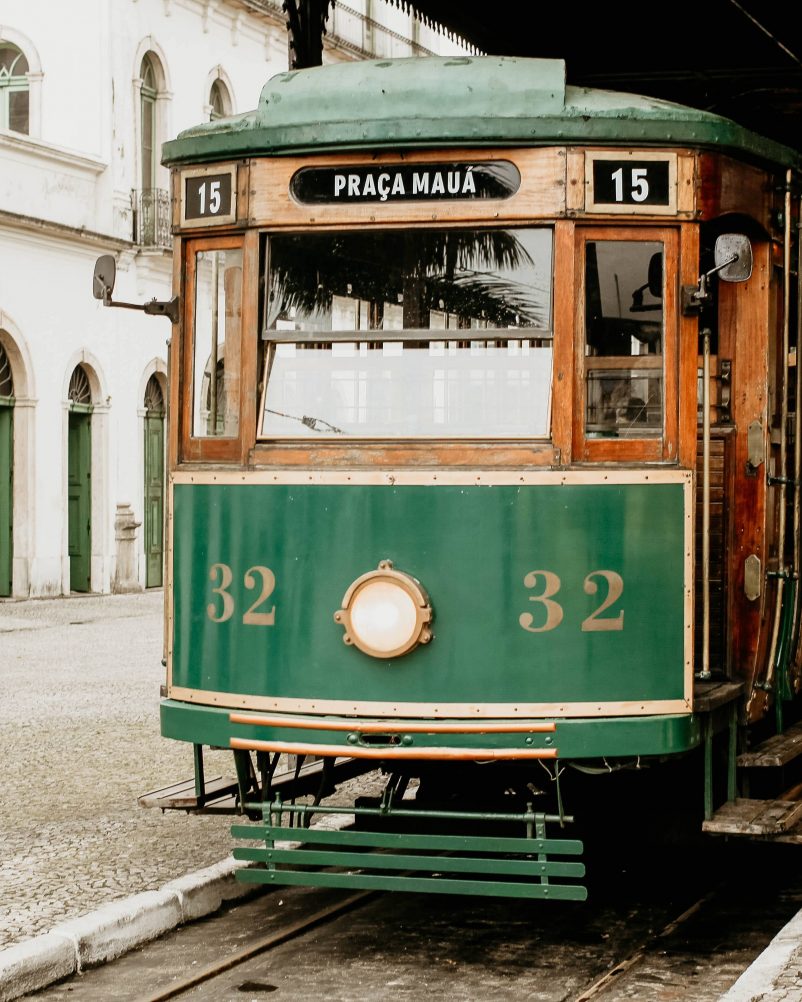
Valéria de Oliveira Alves is a distinguished writer whose literary journey is marked by a deep passion for words and a profound connection with the written art. With a background in Portuguese Language and Brazilian Literature – Letters from the prestigious Federal University of Minas Gerais (UFMG), she has cultivated a rich understanding of language and literature. Her career has traversed the domains of teaching and text editing, but her true calling lies in creating her own narratives and exploring the intricate worlds crafted by others.
In this article, we delve into Valéria’s perspectives on the enduring relevance of physical books in a rapidly digitizing world. Against the backdrop of newspapers and magazines disappearing from Brazilian newsstands, she paints a vivid picture of the evolution of the media and communication landscape. Her elegantly expressed observations raise profound questions about preserving the tactile and sensory experience of reading in a society increasingly dominated by digital technology.
As we explore Valéria’s perspectives, we discover not just a writer but a thinker who contemplates the profound impact of technological progress on human connection and culture. Join us as we navigate her thought-provoking views on the importance of physical books and their enduring role in preserving our humanity in an era of digital transformation.
The Humanity of the Book Object
By Valéria de Oliveira Alves
I believe it is now a consensus that the book object possesses a power and magic that can transform a reader’s life. However, we are aware that with each passing day, reading loses ground to new media and technologies. The fear of the death of the book as a physical object exists in the minds of scholars and theorists worldwide.
With the advent of e-books, numerous discussions have arisen regarding this perspective. But passionate readers hold onto this impossibility due to the attachment generated by their love for literary works. But is it possible for the book object to remain physically alive in the future? I sadly witness the physical demise of newspapers and magazines in Brazil. Newsstands have turned into sales points where magazines vanish amidst various consumables and random objects. Newspapers are hardly seen anymore.
I confess that the newspaper’s paper has never been pleasant for me to handle. However, it is incredibly sad to see its disappearance after all it has represented in our lives and culture. How can one not love the cultural sections filled with reflections on books and authors? (The sentence continues in the present tense because they still exist despite being so rarely seen physically). I can’t even speak of the magazines that are disappearing physically, leaving only digital versions. It pains me as I still hold collections of wonderful magazines.
To speak of the physical death of newspapers and magazines and the possibility of this happening to books is extremely concerning and challenging. We are living in a highly technological world. Paper has become superfluous since we can save everything in data on some cloud. Many argue that this is progress, the bright side of modernity. Is it really?
Physical/tactile contact has been replaced in everything. Isn’t this alarming? People no longer bother to give congratulations; they send messages often copied from somewhere else. Relatives are no longer visited; it’s just a video call and “typing” during the week between work intervals. And after the COVID pandemic, even medical and psychological consultations have become routinely virtual.
Thinking about all this, what does it mean to hold onto physical books? Perhaps flipping through the pages, smelling the ink, touching the letters and illustrations can bring us back to an almost forgotten contact. Sensing the weight, the roughness, or softness can awaken dormant sensations. The physical book object will always remind us of this world of senses, emotions, and attachment. And of course, its stories will always be an invitation to a journey that can also evoke feelings and change our view of the world. Only those who have spent hours in bookstores, libraries, or literary fairs can attest that this is not just any object that can be stored in some remote place. Thinking this way, it can be said that defending the book object is a way of defending humanity itself (Alves 2023).
Valéria’s Literary Alchemy: Breathing Life into Humanity Amidst the Digital Age
Valéria’s thought-provoking perspectives challenge us to reevaluate our relationship with the written word and inspire us to cherish the physical book as a timeless vessel that connects us to the essence of human existence. In an age of rapid digital transformation, her words serve as a reminder that the heart of our culture and humanity lies in the pages of the books we hold dear.
In this profound journey through the world of literature and technology, Valéria de Oliveira Alves beckons us to confront a stark reality: the potential extinction of the physical book, a cherished relic of human history. Her passion for words and her deep connection to the written art shine through, guiding us through a narrative that traverses the realms of language, culture, and the human experience.
As we stand at the precipice of a digital age, where newspapers and magazines vanish from our physical world, Valéria’s insights echo like an urgent call to action. They pierce through the haze of modernity, forcing us to grapple with the consequences of a society ever more enmeshed in the virtual realm.
The tangible pages of a book, the scent of its ink, and the weight of its presence have long served as conduits to our senses, forging an intimate connection between reader and writer. In an era where technology threatens to sever these ties, Valéria’s words serve as a poignant reminder that our humanity, our very essence, is at stake.
In the face of digital proliferation, Valéria asks us to consider: Can we afford to lose this sacred object, this vessel of our stories, emotions, and aspirations? The physical book, with its ability to evoke forgotten sensations and provoke profound introspection, stands as a sentinel guarding our collective memory and identity.
As we contemplate the fate of the physical book, we must heed Valéria’s wisdom. Her words challenge us to preserve the essence of our humanity in an ever-evolving world. In her narrative, we find not only the voice of a writer but the cry of a thinker, imploring us to safeguard our connection to the profound, the tactile, and the real. It is a call to defend not just an object, but the very heart of our existence.
With these profound insights resonating in your mind, you might now be eager to delve into the next article, “Discovering Your Sense of Purpose: The Key to a Fulfilling Life.” In a world filled with endless possibilities and challenges, this piece promises to be an illuminating guide to unlocking your own sense of purpose and fulfillment.
So, as you prepare to turn the page and embrace the next adventure, remember that each article is a unique chapter in the grand story of human existence. Valéria’s reflections on the preservation of the written word have set the stage for a deeper exploration of what it means to lead a truly fulfilling life. Get ready to embark on this intellectual journey and discover the keys to a purpose-driven existence.


